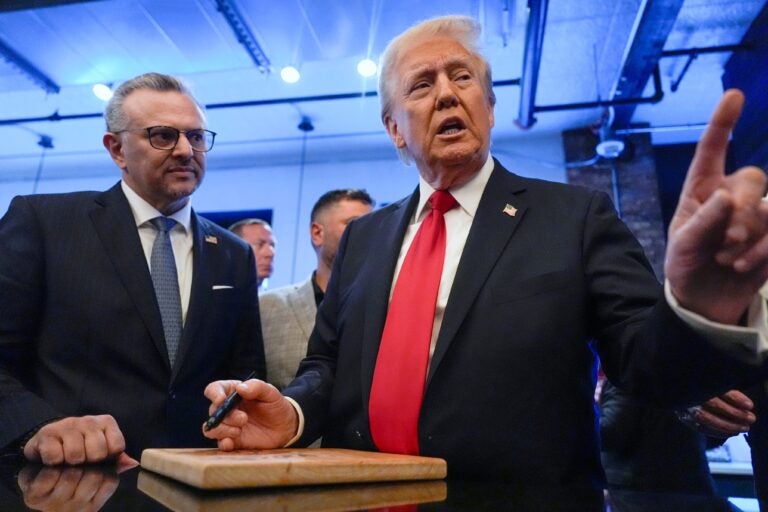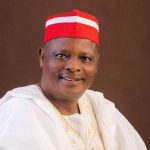The President-elect of the United States (US), Donald Trump has once again announced the appointment of Lebanese-American businessman, Massad Boulos as Senior Advisor on Arab and Middle Eastern Affairs.
Boulos, who is the father-in-law of Trump’s daughter, Tiffany, played a pivotal role in mobilizing Arab-American and Muslim voters during Trump’s campaign, particularly amid dissatisfaction with President Joe Biden’s handling of the Gaza war.
Boulos inherits a challenging portfolio, with Israel’s war in Gaza ongoing, early violations of a fragile ceasefire between Israel and Hezbollah in Lebanon, and renewed advances by Syrian rebel forces against President Bashar al-Assad’s government.
Trump expressed confidence in Boulos, describing him as “An accomplished lawyer, respected leader in the business world, and a dealmaker.”
The businessman will be tasked with addressing key issues, including fostering peace and prosperity in Gaza.
“We want the Palestinian people to live in harmony, side by side with the Israelis, with full security on both sides,” Trump said.
This appointment is the latest in a series of controversial picks by Trump, who has prioritized loyalty and familial ties over traditional expertise.
On Saturday, Trump named Charles Kushner, father of his son-in-law Jared Kushner, as US ambassador to France.
Charles Kushner previously served time in federal prison for tax evasion but was pardoned by Trump in 2020.
Additionally, Trump announced Kash Patel as his pick to lead the Federal Bureau of Investigation (FBI), a move criticized as politically motivated due to Patel’s staunch support of Trump and allegations of a “deep state” conspiracy against him.
Massad Boulos, a member of Lebanon’s Christian Maronite community, previously ran unsuccessfully for a seat in the Lebanese parliament.
His family operates major automotive parts distribution companies in Nigeria, further showcasing his international business connections.
Trump’s appointments have faced scrutiny for prioritizing loyalty and wealth over professional qualifications.
Critics argue this pattern undermines the credibility of key government positions at a time when the Middle East requires experienced diplomacy to navigate its complex geopolitical challenges.








